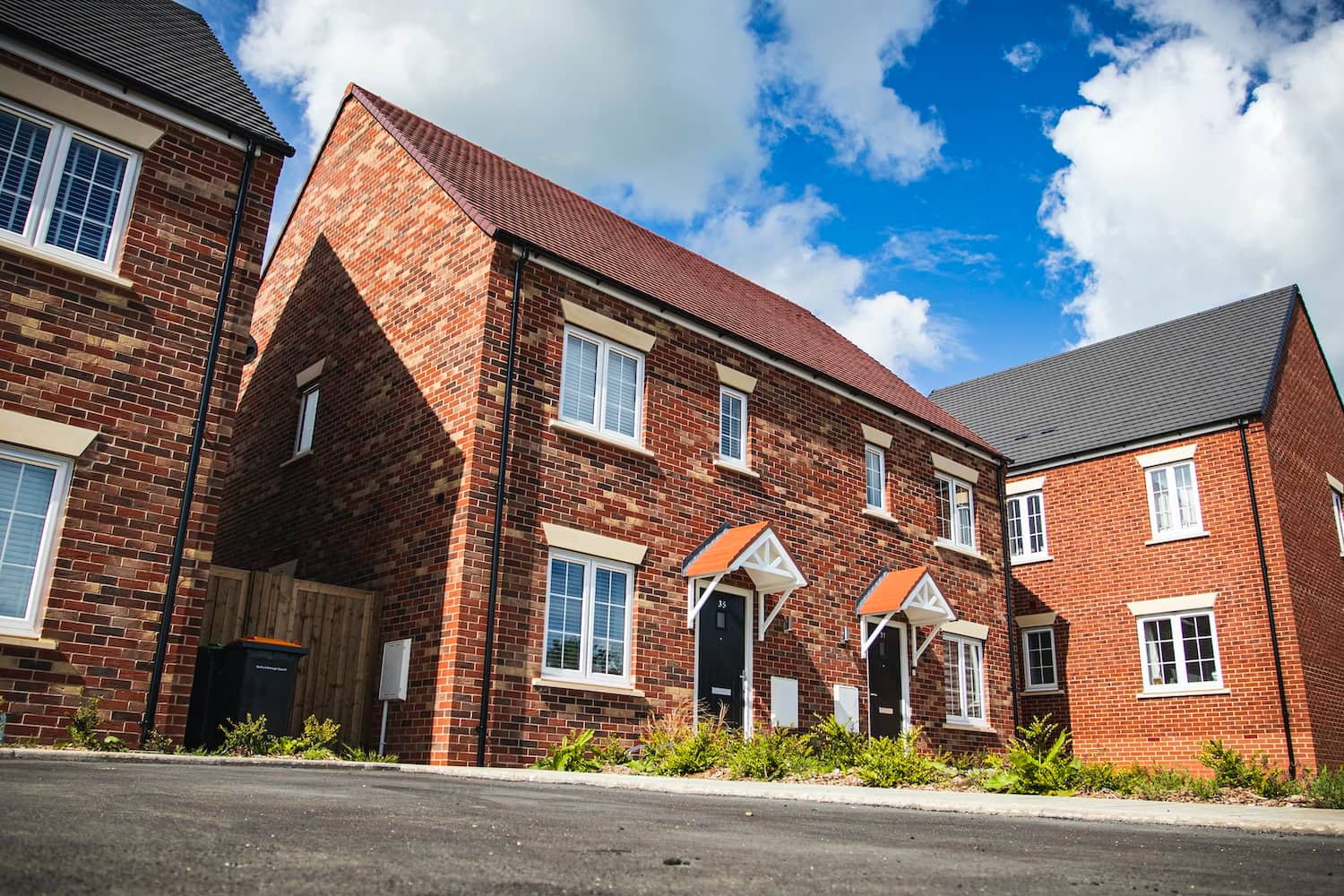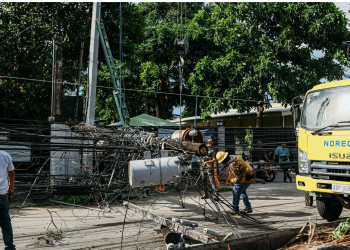Table of Contents

If you’re a landlord wondering how do I get a HMO licence, you’re in the right place. Obtaining a House in Multiple Occupation (HMO) licence is crucial if you plan to rent out a property to multiple tenants. This licence ensures your property meets safety and management standards, protecting both you and your tenants.
HMO licence requirements can vary depending on location and the specifics of the property, but they generally cover the number of occupants, fire safety measures, and overall property maintenance. Understanding these requirements is essential to avoid fines and legal issues.
What is an HMO Licence?
An HMO licence is a legal requirement for landlords who rent out properties to three or more tenants forming more than one household. The licence ensures that the property is suitable for the number of occupants and meets specific safety and management standards. Local authorities are responsible for issuing HMO licences and conducting inspections to confirm compliance.
When is an HMO Licence Required?
Not all rental properties require an HMO licence. A licence is necessary when:
- The property is rented to three or more tenants from different households.
- The tenants share facilities such as kitchens or bathrooms.
- The property is at least three storeys high, although some areas may have different criteria.
How to Apply for an HMO Licence
Applying for an HMO licence typically involves filling out an application form from the local council. You’ll need to provide details about the property, the number of tenants, and the safety measures in place. The council will inspect the property to ensure it meets the necessary standards before granting the licence.
Key Safety and Management Standards
Safety and management standards are crucial for HMO licence requirements, ensuring tenant well-being and proper property management. Fire safety is a top priority, requiring landlords to install working smoke detectors on each floor, maintain fire alarms and extinguishers, and ensure escape routes are clearly marked and unobstructed.
Additionally, the property must be kept in good condition through regular inspections to address structural issues, and by maintaining adequate heating, ventilation, and safe electrical wiring and gas installations. These measures help ensure a safe and comfortable living environment for tenants.
Maximum Occupancy and Room Sizes
The HMO licence specifies the maximum number of occupants allowed in the property to prevent overcrowding and ensure comfortable living conditions. Local councils determine this based on the size and number of bedrooms, the availability of shared facilities like bathrooms and kitchens, and the living space per tenant to ensure each person has enough personal space.
To comply with HMO regulations, each room must meet minimum size requirements. Single bedrooms should be at least 6.51 square meters, while double bedrooms need a minimum of 10.22 square meters. Additionally, shared spaces like living rooms and kitchens must be large enough to accommodate all tenants comfortably.
Consequences of Non-Compliance
Failing to obtain an HMO licence or not meeting the required standards can result in severe penalties, including fines of up to £30,000, legal action that may lead to criminal charges, and repayment orders requiring landlords to return rent to tenants. Understanding the consequences of non-compliance is crucial for landlords to avoid these legal issues.
Non-compliance can also impact tenancy agreements, with tenants potentially seeking compensation and disputes arising over rental terms. In some cases, landlords may be forced to evict tenants to meet licence conditions, further complicating the rental process.
Regular Inspections and Licence Renewals
Once an HMO licence is granted, landlords must fulfill ongoing responsibilities, including regular inspections and licence renewals. Local councils may conduct annual inspections to ensure compliance, so landlords should schedule regular maintenance checks, keep detailed records of inspections and repairs, and update safety measures as needed.
HMO licences typically last for five years, requiring landlords to renew before expiry. The renewal process involves submitting an updated application, ensuring the property continues to meet all standards, and paying the renewal fee set by the local council.
Conclusion
Understanding and adhering to HMO licence requirements is essential for landlords renting to multiple tenants. From ensuring proper safety measures to maintaining the property, these regulations are in place to protect both tenants and landlords. By meeting these requirements and keeping your licence up to date, you can avoid fines, legal issues, and ensure a safe living environment for your tenants.








